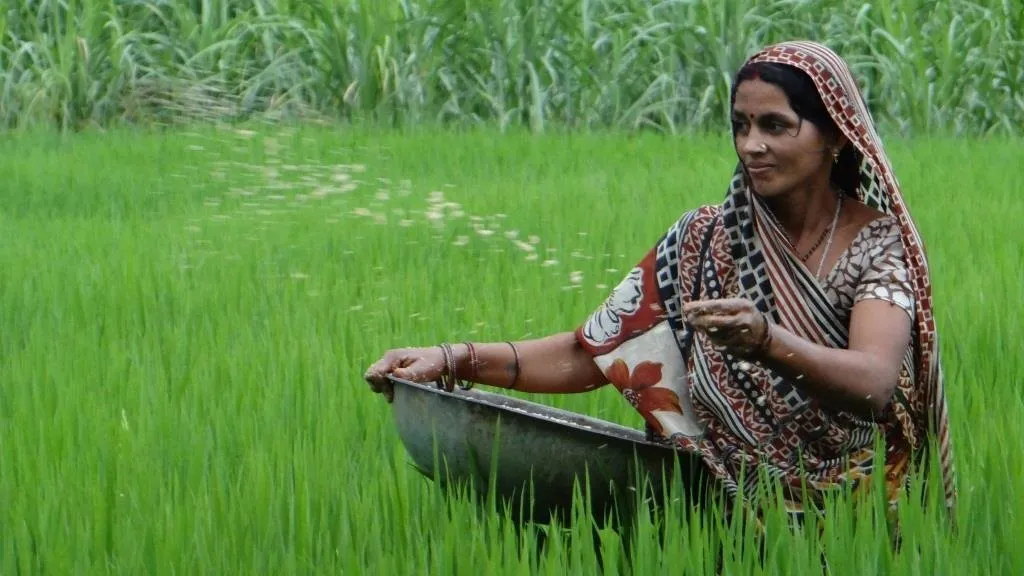Life was difficult at a time before antibiotics were invented when uncomplicated bacterial infections could kill a person if he or she were not immune enough. Microorganisms such as bacteria have a remarkable capacity to adapt and survive in adverse environments. Antibiotic resistance arises when such bacteria evolve mechanisms to withstand or resist the effects of antibiotics targeted to destroy them and fight infection by changing themselves.
Antimicrobial resistance happens when microorganisms (such as bacteria, fungi, viruses, and parasites) change when they are exposed to antimicrobial drugs (such as antibiotics, antifungals, antivirals, antimalarials, and anthelmintic). Microorganisms that develop antimicrobial resistance are sometimes referred to as "superbugs". As a result, the medicines become ineffective, and infections persist in the body, increasing the risk of spread to others.
The causes of antibiotic resistance are complex and include human behaviour at many levels of society; the consequences affect everybody in the world. Scientists and doctors have made an effort to describe the many different facets of antibiotic resistance and the interventions needed to meet the challenge.
Antibiotics paved the way for unprecedented medical and societal developments, and are today indispensable in all health systems. Advances in modern medicine, such as significant Surgery, organ transplantation, treatment of preterm babies, and cancer chemotherapy, which we today take for granted, would not be possible without access to effective treatment for bacterial infections.
COVID-19 has shown us, how they have setbacks, medically, socially, and economically, unless real and unprecedented global coordinated actions are immediately taken. However, a concerted effort is mostly absent, especially at the political level in India.
There is a considerable dearth of cleanliness in India - open defecation is rampant; garbage management in most cities is in shambles; toxic hospital and industrial wastes and sewage are allowed to drain into water sources, and food products are laced with chemicals. The dangerous consequence of this continuous poisoning of our water, soil and environment and its impact on health and survival is due to superbugs.
Agricultural manure and sludge: While fertilizer is the natural or synthetic growth-promoter for crops, mud is the undissolved slurry that is generated from biological treatment of wastewater and is rich in microorganisms and un-degraded pharmaceuticals.
Owing to different sources of generation, the antimicrobial content of both is different. While manure has an abundance of drugs like oxytetracycline, doxycycline and sulphadiazine, sludge mainly contains medicines that are less water-soluble like ofloxacin, ciprofloxacin, norfloxacin and trimethoprim.
The situation is real, alarming! It is estimated that 58,000 neonatal deaths are caused due to drug resistance to first-line antibiotics each year in India, and the problem is growing.
"Carbapenems and Colistin are the last-resort antibiotics that are used to treat serious bacterial infections in humans. However, several bacteria such as E. coli, Klebsiella pneumonia, Acinetobacter baumannii, and Pseudomonas aeruginosa that cause infections like diarrhoea, pneumonia, meningitis etc. are showing growing resistance to these antibiotics. This can have dire consequences and render some of the infections incurable,"
The 'resistome' or the collection of genes capable of conferring resistance has been found to persist long after the manure or sludge is decomposed. In the absence of Indian data, the magnitude of the problem can be inferred from a study in China. Wherein 156 new antimicrobial-resistant genes and mobile genetic elements were identified in the composted manure and sludge.
SPREADING INFECTIONS
We know that dangerous infections in any given geographical area do not start at the same time. They begin with one victim and gradually spread. But that victim is only one among hundreds of patients a doctor will typically see, so many doctors will miss patients presenting with severe infections.
They will probably identify diseases that kill fast, but slow-spreading infections such as skin infections that can lead to septicaemia are rarely diagnosed early. Besides, I have seen doctors treating eczema with antibiotic cream, even though they know that bacteria are resistant to the majority of these drugs. This sort of action encourages uncomplicated infections to spread locally because patients are therefore not instructed to take other, more useful precautions.
Allowing people with infection to travel and visit hospitals to get tests, random testing claiming we can identify the infected person and isolate them may be an option if the tests could identify every infected person. Unfortunately, the tests are not 100% accurate and so Random testing to determine infection that has no treatment or vaccination to prevent is unethical. Social distancing, forcing people to wear a face mask and use sanitizers that kill sensitive bacteria, not resistant or emerging virus make people paranoid.
There is broad consensus that widespread SARS-CoV-2 testing is essential to safely reopening countries from lockdown and travel restrictions. We must focus on the accuracy of pre-infection antibody tests, diagnostic testing, which identifies current infection and pot-infection. But inaccurate diagnostic tests undermine efforts at containment of the pandemic.
Diagnostic tests (typically involving a nasopharyngeal swab) can be inaccurate in two ways. A false-positive result erroneously labels a person infected, with consequences including unnecessary quarantine and contact tracing. False-negative results are more consequential because infected persons - who might be asymptomatic - may not be isolated and can infect others.
Given the need to know how well diagnostic tests rule out infection, it's crucial to review assessment of test accuracy by the Food and Drug Administration (FDA) and clinical researchers, as well as interpretation of test results in a pandemic.
Using my knowledge and experience of managing infected patients in the hospital, I collected data, compiled a list of symptoms that require clinical examination, tests or investigations and created MAYA (Medical Advice You Access).
Based on intuition, I have integrated the innovation to identify an infected individual at home and isolate them initially. A simple, practically implementable tool that will help doctors share information about emerging infections, clusters to prevent spreading in community, town and country, resulting in epidemics and pandemics.

